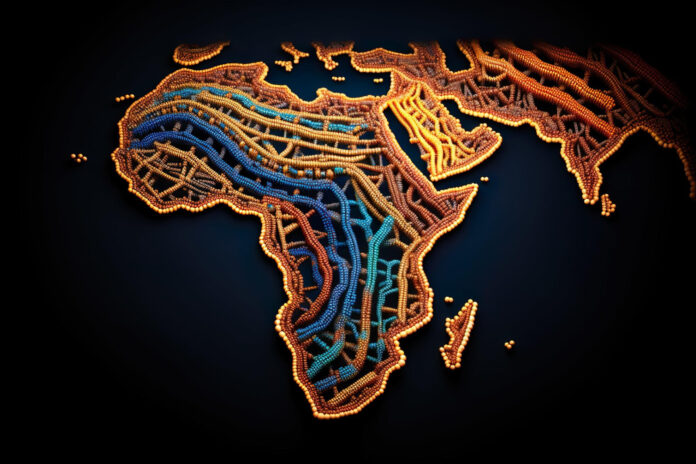When scientists say “all humans come from Africa,” it’s not just a catchy phrase—it’s a conclusion written into our DNA. The story of early African diversity is far richer than most people realize, and genetic research has been quietly rewriting human history over the past two decades. Africa, far from being a single cultural or biological block, was home to astonishing levels of diversity long before the first humans ever stepped out of the continent.
Africa: The Oldest Genetic Library
Genetic studies reveal that African populations carry more genetic variation than the rest of the world combined. This isn’t surprising when you think about it: humanity has lived on the continent for over 200,000 years, while migrations out of Africa are relatively recent—about 60,000 to 70,000 years ago.
Groups who left carried only a small fraction of that original genetic diversity, which explains why two people from the same African village today can be more genetically different from each other than a European and an Asian.
Unknown Clues Hidden in DNA
One of the most fascinating findings is that some African DNA contains traces of “ghost populations.” These were ancient human groups that no longer exist as distinct communities, but their genes live on inside modern Africans.
In West and Central Africa, for instance, scientists have discovered DNA fragments that don’t match any known Homo sapiens lineage. This suggests that early Africans interbred with other archaic humans we have yet to identify, much like how Europeans and Asians carry Neanderthal DNA.
Another overlooked detail is that hunter-gatherer groups like the San of Southern Africa carry some of the oldest genetic lineages in the world. Their DNA has helped researchers map migration patterns across the continent, revealing that Africa wasn’t static—it was a moving, mixing landscape where communities split, rejoined, and evolved over tens of thousands of years.
Rethinking Early Civilizations
Genetics also challenges old stereotypes that portray Africa as isolated until outside contact. Ancient DNA from Ethiopia, Tanzania, and Sudan shows evidence of trade, migration, and cultural exchange long before written history. For example, 4,500-year-old remains from Ethiopia show genetic connections with early populations in the Near East, proving that Africans were part of wider human networks.
Why This Matters Today
Understanding early African diversity is more than a scientific curiosity—it changes how we see ourselves. It dismantles the idea of “race” as fixed or biological and highlights the reality that humans have always been interconnected. Africa is not just the birthplace of humanity, but also the reservoir of human diversity. Every person alive today carries a fragment of that deep African story in their genes.


Wow! Thank you! I continuously wanted to write on my blog something like that. Can I implement a portion of your post to my website?